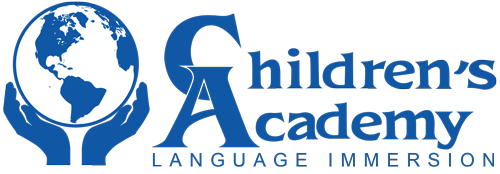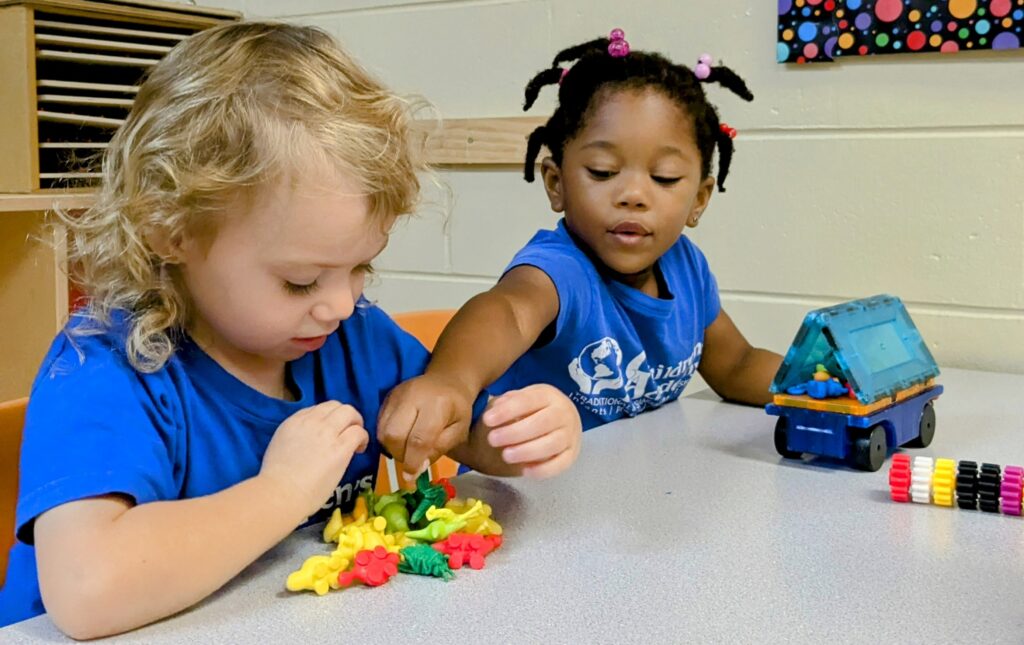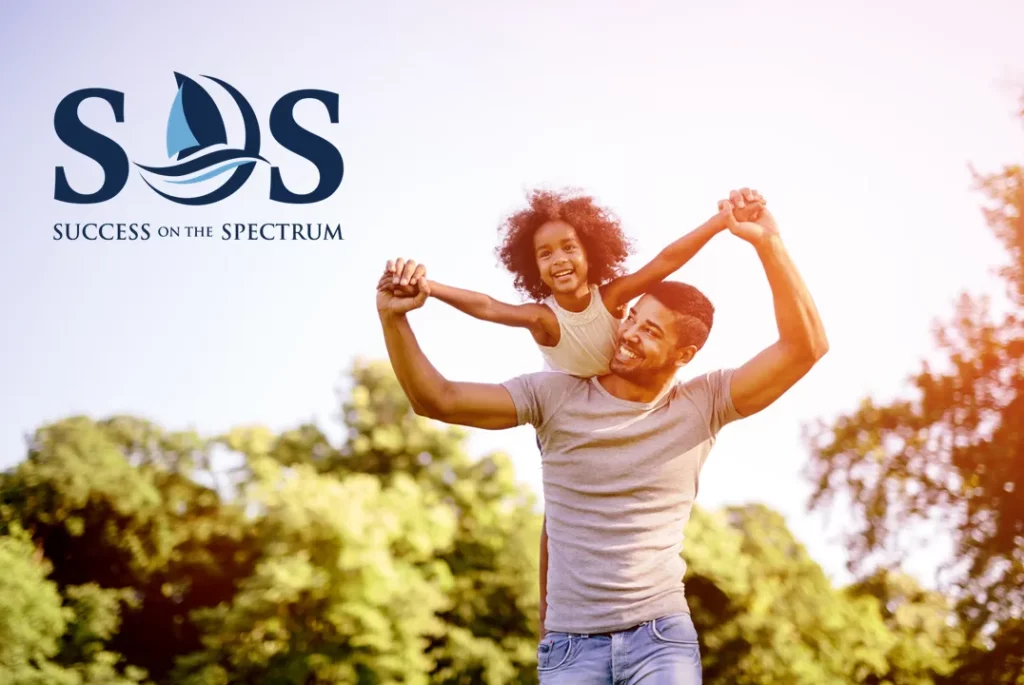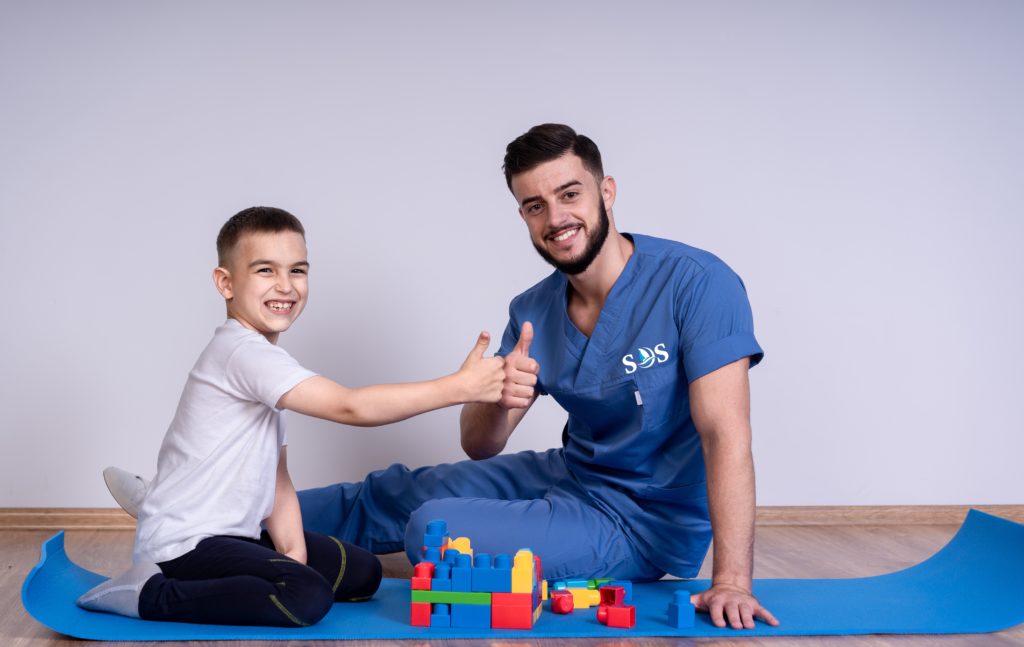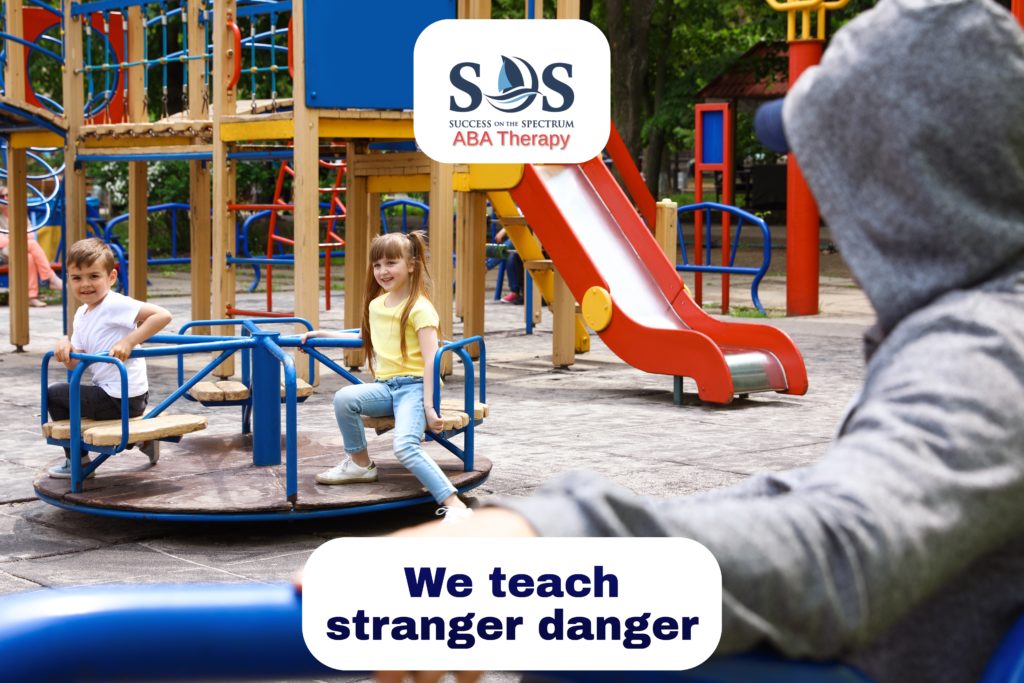As we embark on another exciting year at our Children’s Academy Fishhawk, we want to take a moment to highlight an initiative that has been shaping our approach for the past few years: Positive Behavior Support (PBS). This cornerstone of our program is designed to create a positive, inclusive, and thriving learning environment for our young learners. We believe it’s important to share the benefits of PBS with all our parents, as it plays a vital role in nurturing and supporting your children’s growth and development.
What is Positive Behavior Support (PBS)?
Positive Behavior Support (PBS) is a proactive approach to fostering positive behaviors in children while addressing challenging behaviors in a supportive manner. Established in Hillsborough County in 2006, the Program-Wide Positive Behavior Support (PWPBS) initiative is critical in guiding early childhood programs in developing, implementing, and evaluating effective PBS strategies.
At its heart, PBS focuses on promoting social competence and emotional development. It’s about creating a supportive environment where children can thrive socially and academically. Through PBS, we aim to build a systematic approach to behavior support that is collaborative, inclusive, and tailored to the needs of every child.
The Goals of PWPBS
At Children’s Academy Fishhawk, we are committed to implementing and training our teachers to achieve three primary goals that maximize the impact of Positive Behavior Support (PBS):
- Maximizing School Readiness for At-Risk and Special Needs Children: Our foremost goal is to ensure that all children, especially those who are at-risk or have special needs, have access to quality child care that prepares them for school. By utilizing PWPBS, we create environments where every child can reach their full potential, regardless of their starting point.
- Supporting Child Care Providers: Effective child care goes beyond a nurturing environment; it also requires skilled providers who understand and support each child’s social-emotional needs. We equip our teachers with training and resources through PWPBS, helping them implement inclusive practices and address diverse needs within our programs.
- Building Capacity for Intentional Inclusion: At Children’s Academy Fishhawk, we enhance our capacity to serve families who require intentional social-emotional and inclusion practices. This means that our educators are prepared to offer inclusive and supportive environments where all children, including those with additional needs, can thrive
The Impact on Your Child
At Children’s Academy Fishhawk, the Positive Behavior Support (PBS) approach creates a more supportive and understanding learning environment for your child. Here’s how PBS benefits our young learners:
- Enhanced Social Skills: PBS emphasizes positive interactions, teaching our children essential social skills such as sharing, cooperating, and problem-solving. These skills are crucial for their overall development and success in school.
- Emotional Support: Our students learn to understand and manage their emotions positively. PBS provides them with strategies to cope with feelings like frustration and anxiety, fostering resilience and emotional well-being.
- Inclusive Environment: Every child at Children’s Academy Fishhawk, regardless of their background or needs, is welcomed and supported. PBS promotes an inclusive atmosphere where all children can participate and thrive.
- Consistency: With PBS, our students benefit from consistent expectations and positive reinforcement. This consistency helps them understand what is expected of them and how they can meet those expectations, enhancing their learning experience.
Positive Transformation Within our School Community
Positive Behavior Support (PBS) has played a pivotal role in driving positive transformation within our school community by actively involving administrators in proactive planning and support for our students, teachers, and parents. Through collaborative efforts, we gather data from teachers concerning student behavior to provide effective support.
An incident that demonstrates the positive impact of our intervention involved a student exhibiting repetitive behaviors such as head banging, non-verbal communication, and inconsolable crying, as documented in behavior incident reports. Recognizing the necessity for intervention, we sought guidance from our PBS Trainer, Paola Ramirez, who provided valuable coaching on the appropriate referral process and strategies to support both the child and the teacher in the classroom.
Collaborating with the ICEI clinic, the student’s family successfully completed the referral application process and accessed essential speech services and additional support within the public school system. We are delighted to report that the student is now receiving therapy and ongoing care at Children’s Academy Fishhawk. This successful outcome serves as a testament to the positive impact of PBS within our school community.
More Success Stories That Show Each Child’s Unique Challenges
Starting School: Building a Routine for Confidence. A child struggling with the first days of school needed help adjusting to the new routine. We worked with the family to create consistent steps both at home and in school. Within weeks, the child became comfortable with drop-offs and entered the classroom confidently.
Easing Morning Drop-Off Anxiety. One child faced daily tears during morning drop-offs. We created a personalized social story showing the steps of their morning routine. Over time, the crying stopped, and the child learned to say goodbye quickly and happily.
Potty Training Through Teamwork. Potty training can be tough, but with a coordinated approach between home and school, one child successfully transitioned to using the potty. By following the same steps in both settings, the child quickly gained independence.
Supporting Speech Development. After observing a child’s speech for six months, we referred them for an evaluation. The results helped provide the right services, and the child made significant improvements, gaining confidence in communication.
From Lonely to Friend: Learning Social Skills. One child struggled to make friends. We taught him how to approach peers and initiate play. By the end of the year, his classmates were calling him “friend” and asking for playdates—a remarkable change thanks to PBS.
These stories highlight how PBS provides tailored support to help children thrive emotionally, socially, and developmentally.
How You Can Support PBS at Home
As parents, you play a vital role in reinforcing the principles of PBS at home. Here are a few ways you can support this approach:
- Model Positive Behavior: Children learn by observing adults. By modeling positive behaviors, such as patience, empathy, and respectful communication, you reinforce the values we are teaching them at school.
- Encourage Social Skills: Provide opportunities for your child to interact with peers and practice social skills. Praise their efforts and successes in these interactions.
- Communicate with Us: Stay engaged with your child’s teachers and share any concerns or observations. Open communication helps us work together to support your child’s development effectively.
Conclusion
At Children’s Academy Fishhawk, Positive Behavior Support is more than just a set of strategies; it’s a commitment to creating an environment where every child can flourish. Through the PWPBS initiative, we are dedicated to fostering social competence, emotional development, and school readiness for all children.
We’re excited about the positive impact that PBS is having on your child’s experience. Together, we can continue to support and nurture our young learners, ensuring they have the foundation they need for a bright and successful future.
Thank you for your ongoing support and partnership!
